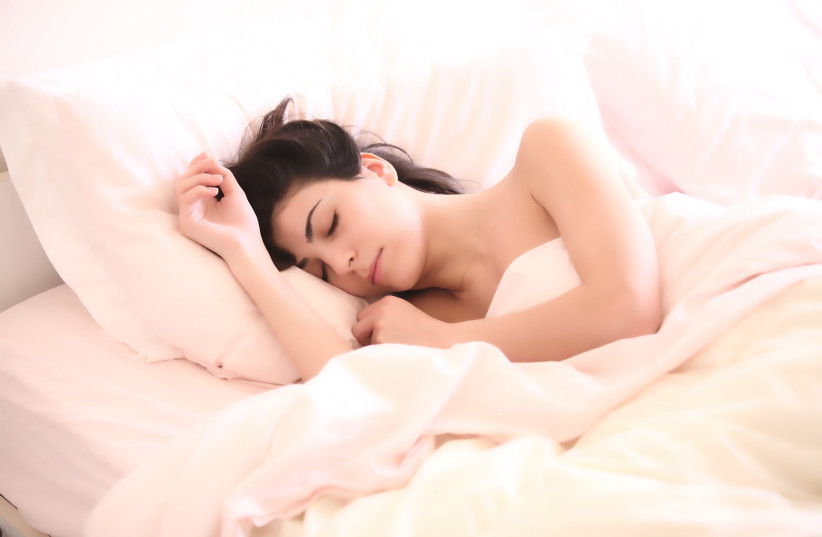Many people get sick in the winter and blame the cold for all their troubles, from the flu to winter depression.
Winter can take some of the blame, but the cold isn't really the cause of the illnesses around us. The real culprit for catching viruses is a lack of ventilation. Let's discuss one significant obstacle to health every winter - the heating.
It's true that it's important to keep the body warm so that it remains healthy and stimulates blood circulation, but don't exaggerate. Any doctor will confirm that there's no need to overheat rooms. On the contrary, ventilating the spaces can reduce the chance of infection.
Still, no one wants to shiver, so most of us spend the day in heated, closed spaces. And when it's really cold we keep the heating on during the night. So we asked Dr. Idan Goren to discuss if sleeping with an air conditioner could become a health hazard and if one can heat rooms without waking up and feeling ill. These were his responses.
Is it worth heating the room at night during the winter?
The World Health Organization recommends a minimum temperature of 20 degrees celsius for vulnerable populations such as infants, the elderly and the sick. So on really cold nights keep the heat on but be aware of the effects of it on the body and make sure to ventilate the room.

Many people complain of a dry and sore throat after sleeping with an air conditioner, does this make sense?
Definitely. One of the typical problems of a long stay in air-conditioned places is dry and low-humidity air. This can cause a dry mouth and sore throat. The dryness may damage the mucous membranes of the upper respiratory tract, and even increase their susceptibility to infections.
Other problems caused by heat from air conditioners are skin dryness and a tendency to have irritated skin. Long hours in an air-conditioned environment causes the skin to lose moisture. If it's not returned to the skin, for example by using a moisturizer, it can dry out and cause redness, itching and discomfort.
AC systems are considered fertile breeding ground for pathogens like fungi and bacteria, so they have a high potential for spreading disease. Researchers from Louisiana who tested air conditioners in cars found that 22 of the 25 cars sampled had mold that was diffused when the AC was on.
Allergies can also be caused by staying in closed and unventilated places in the winter alongside various allergens such as house dust mites and mold from air conditioners.
Are there any other effects?
Of course. There's sick building syndrome in which people who spend a lot of time in the same place, either a home or an office, suffer from a multitude of non-specific symptoms such as significant fatigue and even impaired memory, symptoms for which it's usually difficult to find a definite cause. Researchers who described the syndrome believe that it's caused by central AC systems and various environmental pollutants.
How can you deal with these AC bacteria?
It's very important to clean the filters and other parts of the air conditioner regularly. It's recommended to wash them or clean them with a cloth soaked in an antiseptic in order to eliminate mold spores and prevent their spread.
When you turn on the air conditioner, open the window a little for ventilation, which refreshes the air and increases the humidity.
Bottom line - is it better to avoid heating with air conditioning at night?
On very cold nights, it's advisable to warm up a little, on top of keeping the room ventilated. Use a radiator that's less drying than an air conditioner. If you still choose an air conditioner, set it to a temperature of up to 22 degrees so that it dries out the air less. Avoid heating with fireplaces and oil stoves which emit toxic substances.
